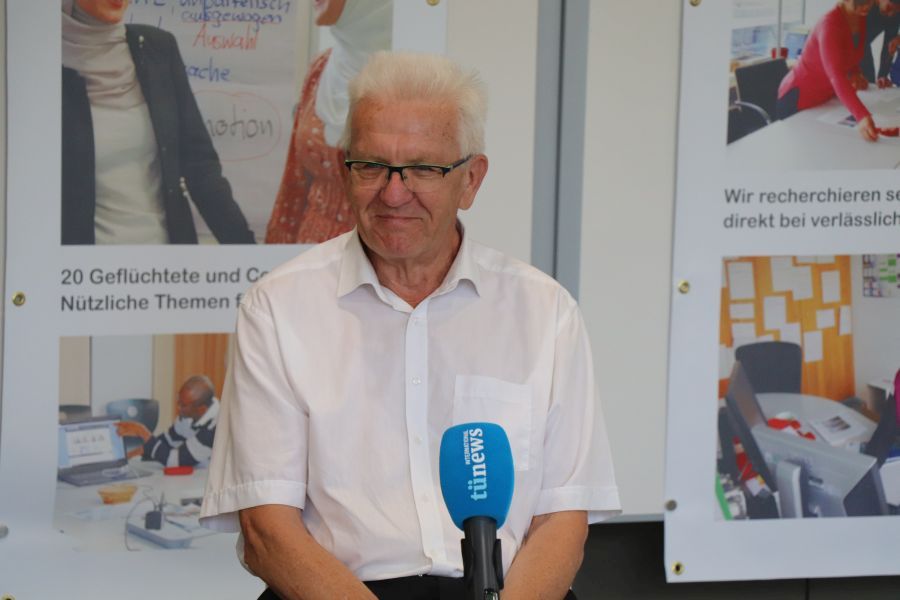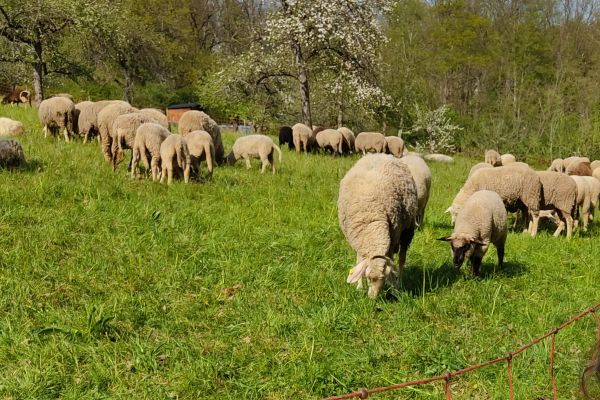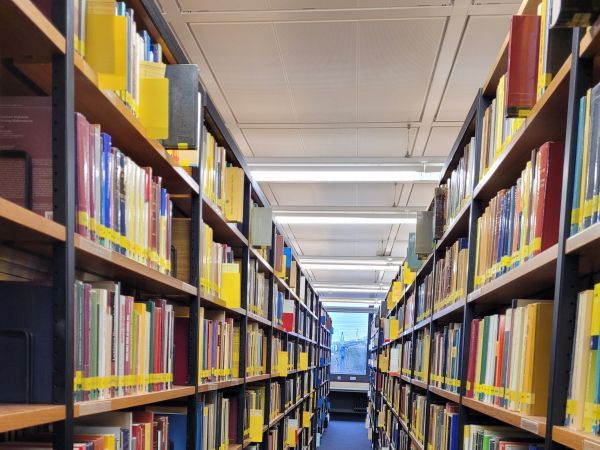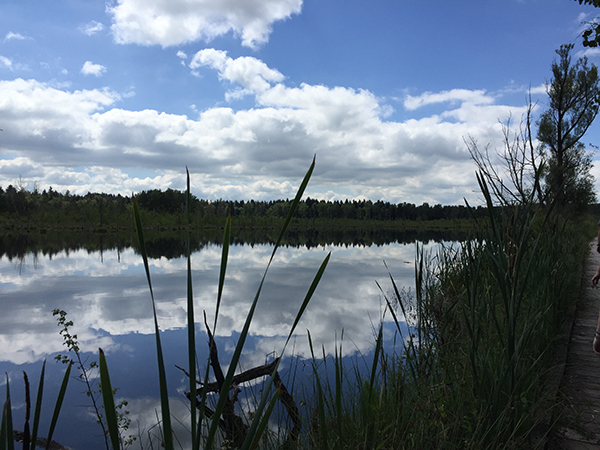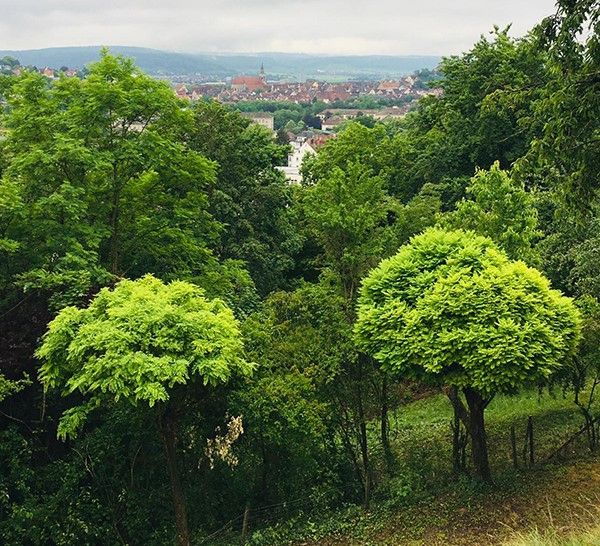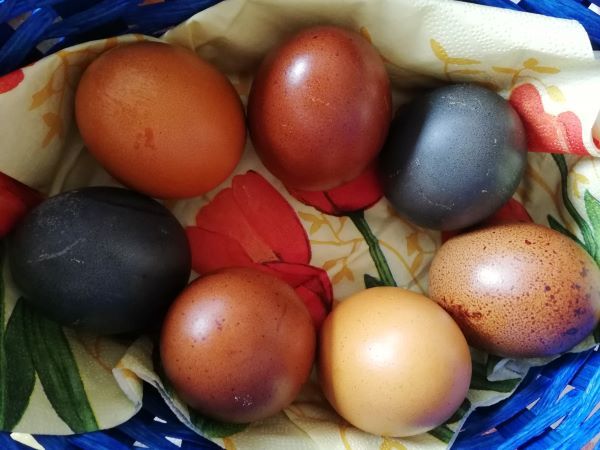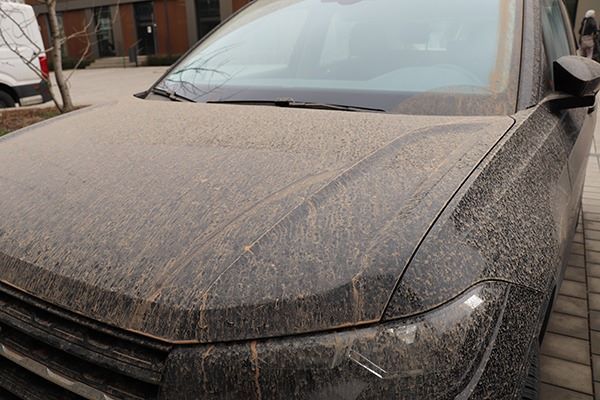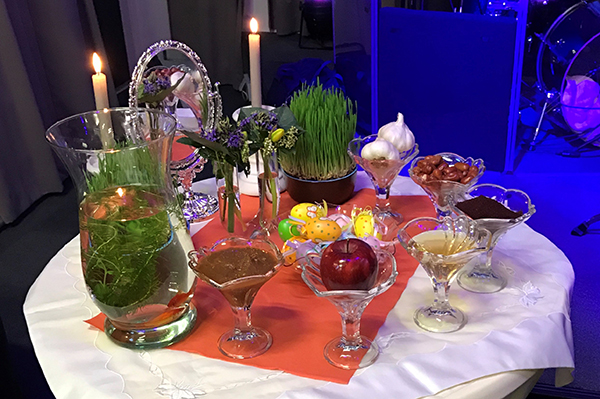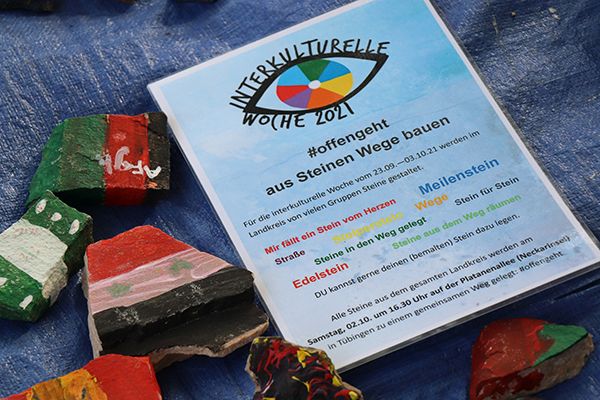„Nichts überrascht so, als wenn ein Migrant Dialekt spricht.“ So reagierte Ministerpräsident Winfried Kretschmann bei seinem Besuch der Redaktion von tünews INTERNATIONAL am 16. August 2022 im Landratsamt Tübingen auf die Frage, ob er Geflüchteten empfehle, Schwäbisch zu lernen. Kretschmann hatte von seinem eigenen Erleben als Kind einer Familie, die 1945 vor der sowjetischen Armee nach Westdeutschland geflüchtet war, berichtet. Insofern sei für ihn Migration nicht nur so ein Wort, „von dem man halt hört und von dem nur andere betroffen sind. Ich habe da schon auch einigermaßen lebendige Erfahrungen damit gemacht.“ Sein Vorteil sei gewesen, dass er hier geboren… Read More
Category: Diverse
Syrian recipes against heat
“Bolo” with lots of mint In summer, a drink called “Bolo” is often sold in Syria against the heat. It consists mainly of fresh lemon juice and lots of mint. Then add water, ice cubes and sugar as you like and mix everything in a blender. The green drink tastes very good and gives fresh energy in the heat. Help for stressed skin When we spend too long in the sun, we easily get sunburnt. For the skin stressed by heat, there is a traditional recipe in Syria. It involves mixing yogurt with cornstarch to make a creamy mixture. Then… Read More
Festival of Sacrifice under German conditions
The Festival of the Sacrifice or “Eid al-Adha” is one of the most important festivals for Muslims. The festival has its origins in the story of Prophet Ibrahim, who almost sacrificed his son out of obedience to his God. Instead, God sent him a sheep. That is why the sacrifice of an animal, such as a sheep, camel, or cow is the focus. The meat is prepared and then shared: depending on the degree of kinship, the man gives one-third to the poor people, another to relatives and friends. Also, man can keep very little for one’s own family. In… Read More
The first semester—a German-Syrian reports
By Michael Seifert Editorial member Reem Al Sagheer has been studying mathematics and Islamic theology at the University of Tübingen since October 2021. She fled Damascus with her family and has been living in Germany for over seven years. Last year, she graduated from high school in Tübingen and is now a German citizen. For tünews INTERNATIONAL, she talks about her experiences in the first semester. “My first and most important impression was that the level at university is completely different from that at school. I hadn’t imagined it to be so difficult. That’s not because of my German skills,… Read More
The beaver is back in the district of Tübingen
For centuries, the beaver was intensively hunted in Germany and almost went extinct in the 20th century. Now it is reclaiming its habitat in Germany, including in the district of Tübingen. Through his way of life, the beaver changes the landscape and creates habitat for other species. In times of species decline, the ecological change of flowing and still waters by the beaver is an enrichment for biodiversity. Problems with beavers arise in agriculture and forestry: for example, beavers build dams and eat trees. Thus, the animal changes the structure of rivers and lakes. This can cause waterlogging of adjacent… Read More
Beware of caterpillars on oak trees
The oak processionary moth is a type of a butterfly. Its offspring is a caterpillar, that emerges starting end of May. Its “stinging” hair can cause skin inflammations with strong itching, inflammations of the eye or the upper respiratory tract and more. Especially risky is the direct contact with the caterpillar and its webs, within which they reside. The wind can spread around the caterpillar’s hair from the trees. The caterpillars have spread so widely during the last view years. Therefore, they can be found in almost all tree populations. Within the forest, the oak processionary moth is not being… Read More
Colorful Easter eggs
Why are Easter eggs colorful? Children would be told: so that they can more easily find the eggs that the Easter Bunny hides for them in the green grass. But that’s just one story surrounding the brightly painted chicken eggs. Easter eggs, which are colorfully dyed in the week before the Christian Easter, have a long tradition in Christianity. Eggs have been considered a symbol of fertility there for many centuries. But how it came to egg coloring and thus to today’s “Easter eggs” is not clearly documented. There are several explanations. One of them, according to Wikipedia, says that… Read More
Sandy greetings from Sahara
Currently, warm air from North Africa is flowing into Germany. This air brings not only warmth, but also dust from the Sahara Desert. Anyone who has left their car outside will find it covered in a brownish powder. The German Weather Service has explained the scientific background of the phenomenon in its research documents. 90 percent of the Sahara dust consists of compounds of metals such as aluminum or iron, but clay, quartz or plaster are also present. When the wind is blowing strongly enough across the desert, it lifts particles from the surface. Particles that are small enough are… Read More
Nouruz
By Mostafa Elyasian In Iran, Kurdistan, Tajikistan and Afghanistan, people celebrate the beginning of spring and the new year on March 21st. This festival, which has a tradition of over 2500 years, lasts for 13 days. People welcome spring and the beginning of the new year with very special traditions. One example is the big house cleaning. People dust the whole house, wash and clean everything. Some even buy new household items. It is an old custom to light a fire. And it is done on the evening of the last Wednesday before the New Year. The fire is a… Read More
On common paths
By Uwe Gieseler At the end of this year’s Intercultural Week, numerous children and adults as well as locals and migrants gathered on Platanenallee in Tübingen with their self-painted colorful stones. Under the motto “#offengeht”, the working group for the Intercultural Week had organized the stone action. The preparation group was enthusiastic about the great response and the creative work of so many different people who participated from kindergartens, groups, districts, associations or as individuals. The refugee officer of the Tübingen district Hanna Hahn explained: “The diversely designed stones symbolize the diversity of society and at the same time stand… Read More

